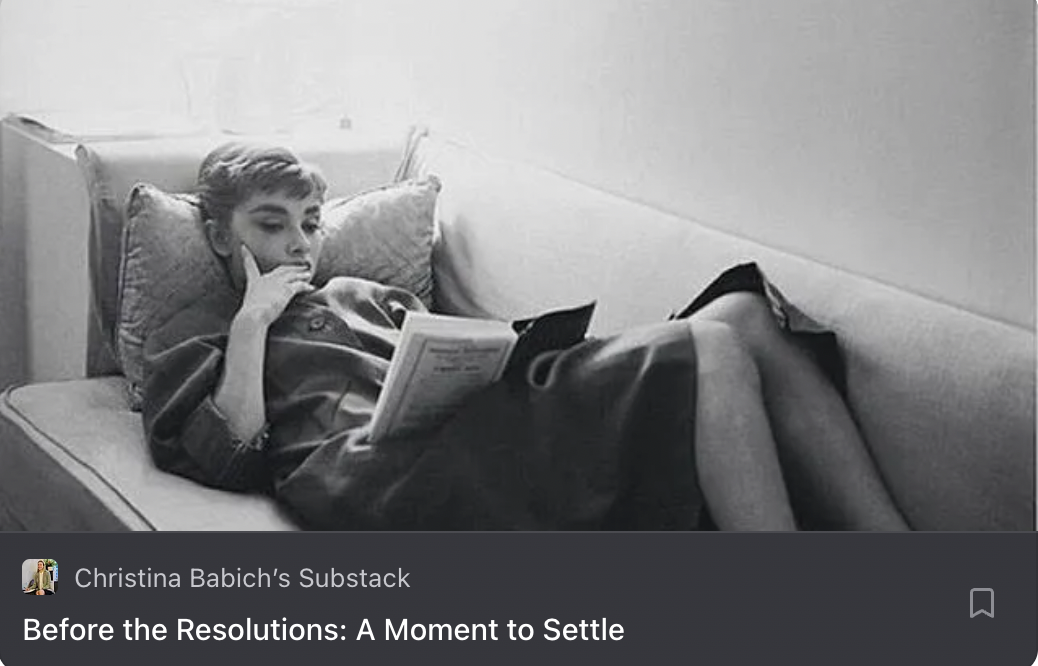Finding a therapist who truly gets you can feel exhausting before you even begin. You’re already juggling visas, new languages, cultural quirks, the joy of making friends as an adult (fun), and maybe even dating abroad (even more fun). Then comes the endless scroll: stale bios, stock-photo smiles, and a sea of “I provide a safe and supportive space…”
How are you supposed to choose someone you actually want to open up to? It’s enough to make anyone want to give up before they start.
And maybe you’ve already tried. Maybe you found someone local — and it didn’t quite click. I’ve been there.
When I lived in Amsterdam, I worked with a Dutch therapist who was kind, competent, and highly recommended. But the small language and cultural differences made it harder to truly open up. Hearing for the tenth time how “brave” I was for living abroad wasn’t affirming — it was irritating. So was having to over-explain why I chose a life overseas, or why I travel often.
For me, those choices felt natural — not like a performance of adventure.
What finally worked was finding a therapist I could communicate with effortlessly. Someone who spoke fluent English, had also lived abroad, and understood the emotional reality of building a life that isn’t tied to one place. That shift was monumental. Suddenly, therapy wasn’t a place where I had to teach someone about my world — it became a place where I could actually explore it.
If that kind of connection is what you’ve been looking for, you can click here to book a free consultation to see if working together feels like a fit.
1. The Relationship Is Everything
You’re not looking for the perfect therapist. You’re looking for someone who meets you on a human level — someone who sees you, supports your goals, helps you feel grounded, and makes you feel less alone.
Research consistently shows that the quality of the therapeutic relationship is one of the strongest predictors of whether therapy helps — even more than the specific techniques used (Linardon et al., 2022).
Training and credentials matter, of course, but they’re most effective when paired with genuine connection and understanding.
If you’ve been struggling to find a therapist who feels right, reach out — sometimes one genuine conversation is all it takes to know whether the connection is there. Schedule a consultation here.
2. Online Therapy Works (and Sometimes Works Better)
Online therapy isn’t a watered-down version of “real” therapy. Study after study has found that video sessions are just as effective as in-person therapy for issues like depression, anxiety, and trauma (Simpson & Reid, 2014; Andersson et al., 2014).
And for expats and nomads, it can actually work better. You don’t have to justify your lifestyle, explain why you keep moving, or smile politely through “Wow, you’re so brave!” small talk. You can work with someone who already understands that living abroad is complex — rewarding, yes, but also lonely, disorienting, and full of invisible transitions.
That means therapy time is about you — not about educating your therapist. And the bonus? No matter where life takes you next, your therapist comes with you.
If you’d like to experience what that kind of grounded, cross-cultural therapy feels like, you can book a short introductory session here.
3. Look for Trauma-Informed Support (With Practical Tools)
Buzzwords like “trauma-informed” or “compassionate care” get thrown around, but what do they actually mean?
A trauma-informed therapist will:
• Create a sense of safety and predictability
• Respect your pace without pushing too fast
• Offer practical tools you can actually use
• Listen deeply so you feel understood
• Explain what’s happening in a way that makes sense
These are signs of evidence-based, trauma-informed care — not just theory, but practice. Research shows that structured, guided online therapy can significantly help with anxiety and PTSD (Karyotaki et al., 2021).
In simple terms: therapy should feel supportive, collaborative, useful — and human.
If that’s the kind of therapy you’re looking for — grounded, practical, and evidence-based — get in touch and we can explore what support might look like for you.
4. Ask the Real-Life Questions
Once you’ve found someone who feels like a good fit, ask the practical stuff:
• Their experience with expats and digital nomads (bonus if they’ve lived abroad themselves)
• Flexibility across time zones
• Fees, cancellation policy, and communication preferences
• Whether they offer a short intro call so you can test the vibe
• Anything else that helps you feel comfortable
This isn’t being “high-maintenance.” It’s being intentional — protecting your energy and choosing someone you’ll genuinely want to work with.
5. Finding the Right Fit Takes Time (and That’s Normal)
Sometimes you click with the first therapist. Sometimes it takes a few tries. That doesn’t mean therapy isn’t for you — it just means you haven’t found your person yet.
Think of it like finding the right travel companion: someone who matches your pace, respects your boundaries, and makes the journey lighter.
Final Thoughts
If you’re living abroad, traveling, or figuring out nomad life, you already know it comes with incredible highs — and some very real lows. Having a therapist who truly understands that experience can make all the difference.
I’m Christina — a psychologist, expat, and digital nomad. My work is trauma-informed, compassionate, and honest. And yes, I believe a little humor belongs in therapy, because life is heavy enough.
Wherever you are in the world, you don’t have to do this alone. Reach out for a free 15-minute consultation to see how therapy can help you feel more grounded, connected, and at home in yourself.






